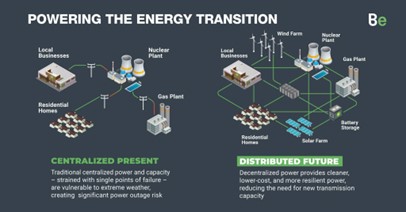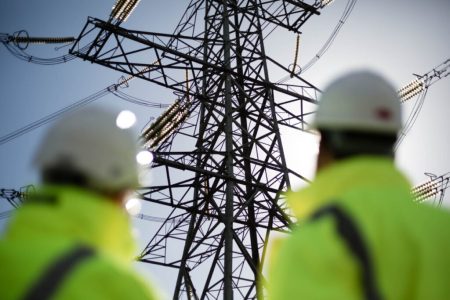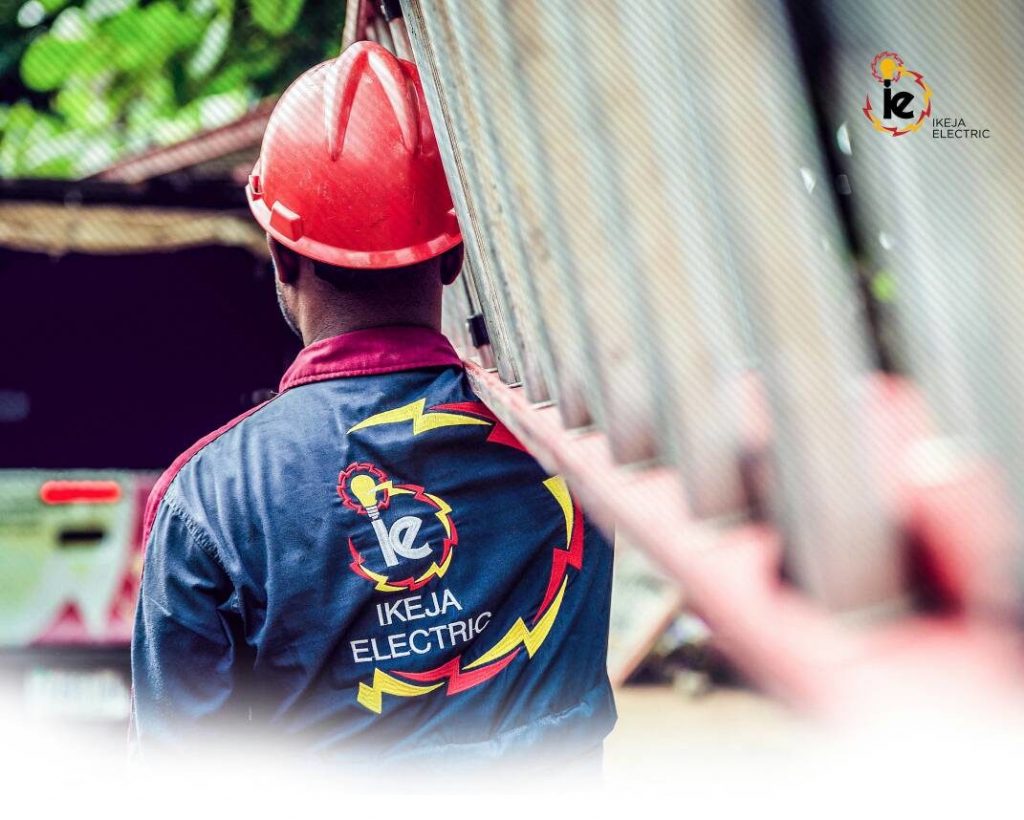15 October 2012, Sweetcrude, LAGOS – THE ongoing privatisation of Nigeria’s power sector is expected to yield fruitful result in the stock market and the economy in general if the companies are made to list on the Nigerian Stock Exchange, NSE.
Operators in the capital market in their various comments on the privatisation of the power sector had advised the government to ensure that companies privatized are given condition to list on the NSE to enable Nigerians benefit from the profit to be generated when the companies begin full operation.
According to experts, “Allowing the companies to list on the NSE will make them accountable and responsible to the public and would also help the stock market to increase in depth and market capitalisation.”
But, unlike the Global System for Mobile Communication, GSM, regime, energy experts say electricity is a crucial social need, not a luxury, hence the need for President Goodluck Jonathan’s administration to take precautionary steps aimed at ensuring that Nigerians at all strata, especially in rural communities derive maximum benefit from the laudable policy .
After 10 years of the privatisation of the telecom sector, some towns and villages are yet to enjoy GSM services. Analysts are of the opinion that that kind of neglect will be unacceptable to the Nigerian people under the new power distribution model, and could pose a threat to national security.
Contrasting GSM that relies on microwave coverage, electricity has to be physically distributed through pylons, cables, transformers, etc to every single home. To distribute electricity to every home physically, the companies will have to overcome objections from communities, acquire right-of-way from state and local governments and negotiate with the irate youth and communities.
The key success factor that must be taken into account is which firms and consortium have the financial muscle, relevant experience, sustainable business model and where necessary, moderate state participation to do the job best? The other fundamental factor must include local on ground experience of the teams.
If ever there was a time to emphasize competence driven by knowledge more than a political call or sentiment for re-invigorating the nation’s battered electricity sector, this is it. The National Council on Privatisation, NCP, recently approved the technical bid evaluation of 31 firms for the various distribution companies. The financial bid opening was scheduled for October 10, upon the submission of their individual post-qualification bonds.
Experience of past failures of power privatisation elsewhere in the world should be instructive for our nation. Experts maintained that there is a vital need to appropriately choose distribution companies with the capacity to make far reaching changes (which is the traditional focus of the electricity sector reform) in the way electricity is delivered to consumers, companies with on-the-ground experience that can focus on integrating the various aspects of utility operation in an efficient manner…things such as network rebalancing, accurate metering, revenue management and asset optimization.
The issue of local knowledge and the support of local authority is critical for the success of the business. This brings up the case of distribution companies located in the difficult and troubled areas like the Niger- Delta region, Lagos, Kaduna and Kano, particularly Port Harcourt and Benin Discoms.
Meanwhile, it would be recalled that following the recent approval of the technical bid evaluation of a total of 21 firms for the various distribution companies by the NCP, all is now set for the financial bid opening ceremony for the 21 firms that are bidding for the 10 electricity distribution companies across the length and breadth of Nigeria. The electricity distribution firms proposed for sale are located in Ibadan, Ikeja, Abuja, Enugu, Jos, Eko, Port Harcourt, Yola, Kano, Benin and Kaduna.
According to NCP, Ikeja Distribution Company received the highest number of qualified bids with eight firms. They are: Oando Consortium, Amperion Power Distribution Company Ltd, Honeywell Energy Resources Limited and Integrated Energy Distribution and Marketing Company.
Others are Vigeo Holdings, Gumco, African Corporation AFC and CESC, Kepco/NEDC Consortium, West Power and Gas and Rockson Engineering. The Eko Distribution Company received the second highest number of bids, with six firms showing interest.
The bidders are Oando Consortium, Integrated Energy Distribution and Marketing Company, Sepco-Pacific Energy Consortium, Kepco/NEDC Consortium, Honeywell Energy Resources Limited, West Power and Gas as well as Rockson Engineering. For the Benin Distribution company, four firms emerged. They are: Southern Electric Distribution Company, Rensmart Power Ltd., Vigeo Power Consortium and Rockson




